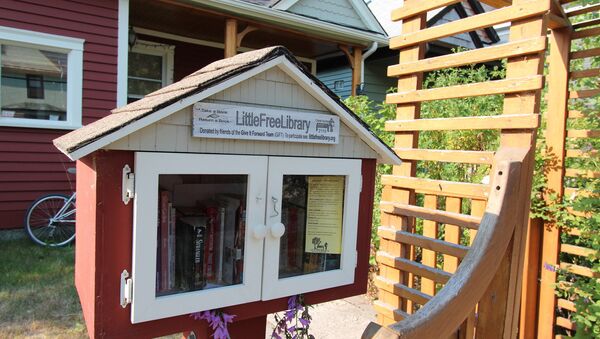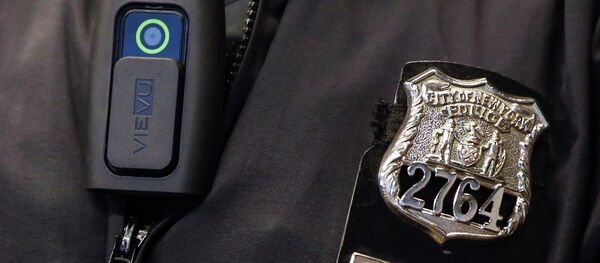The libraries have been particularly important to rural communities which have no state libraries of their own, and have also been praised for their effect of bringing often-isolated suburban and rural communities together.
However, as an article in CityLab.com by contributor Conor Friedersdorf recently lamented, the little libraries movement has come under systemic attack from "a subset of Americans…determined to regulate every last aspect of community life," with "a lack of common sense so extreme that they've taken to cracking down on Little Free Libraries, of all things."
Earlier this month, commenting on the LA angle and the sprinkling of stories about ordinances, bans, fines, allowances and amnesties, LA Times contributor Michael Schaub noted just how ridiculous the situation around little free libraries is: "Crime, homelessness and crumbling infrastructure are still a problem in almost every part of America, but two cities have recently cracked down on one of the country's biggest problems: small-community libraries where residents can share books."



